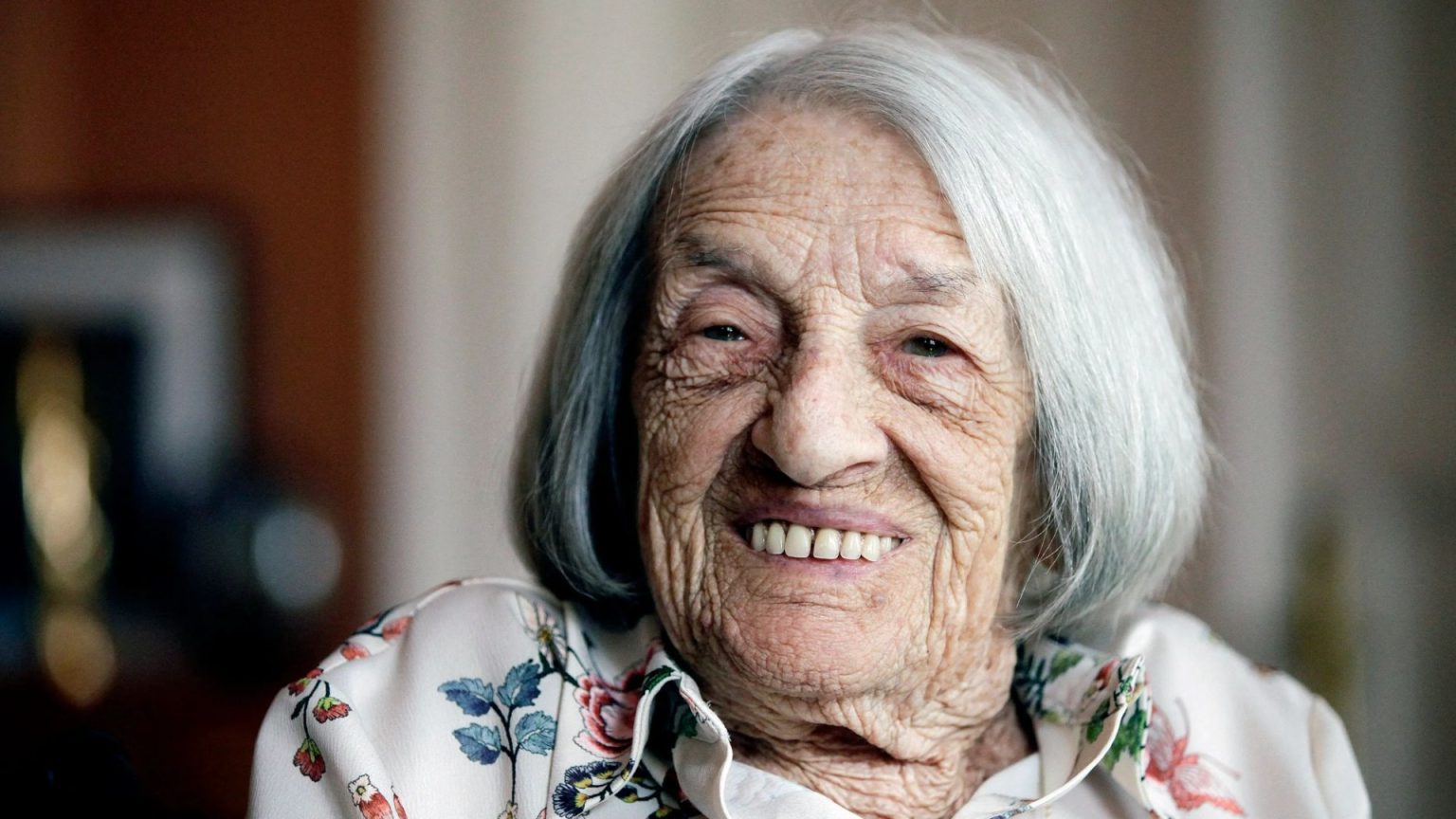Agnes Keleti, a Hungarian gymnast and the oldest living Olympic medalist at the time of her passing, died at the age of 103 on January 26, 2024. Her remarkable life was intertwined with both athletic achievement and historical adversity, as she navigated the horrors of the Holocaust to emerge as a symbol of resilience and triumph. Her legacy extends beyond her ten Olympic medals, encompassing her contributions to the sport of gymnastics, her unwavering spirit in the face of unimaginable hardship, and her enduring inspiration to generations. Keleti’s story serves as a testament to the power of human perseverance and the enduring pursuit of excellence in the face of life’s profound challenges.
Born in Budapest, Hungary, in 1921, Keleti displayed a natural aptitude for gymnastics from a young age. Her talent blossomed, leading to national recognition and paving the way for a promising athletic career. However, the rise of Nazism and the outbreak of World War II cast a dark shadow over her aspirations. As a Jewish woman, Keleti faced increasing persecution and discrimination, ultimately being forced to go into hiding to escape the escalating violence and systematic extermination targeting her community. During this period, she assumed a false identity and worked as a maid, enduring immense fear and uncertainty while clinging to the hope of survival. Her resilience and resourcefulness allowed her to weather the storm of war, emerging from the ashes of the Holocaust determined to reclaim her life and her passion for gymnastics.
Following the end of the war, Keleti returned to the world of competitive gymnastics, her determination fueled by the losses she had endured and the dreams she had preserved. She quickly regained her competitive form, establishing herself as a dominant force in the sport. Her dedication and talent culminated in her selection for the Hungarian Olympic team, marking a triumphant return to the international stage. At the 1948 London Olympics, she secured her first Olympic medal, a bronze in floor exercise. However, an injury prevented her from competing in the all-around competition, delaying her pursuit of further Olympic glory. Undeterred, Keleti continued to train and compete, setting her sights on the next Olympic Games.
The 1952 Helsinki Olympics proved to be Keleti’s defining moment on the world stage. At the age of 31, she achieved a remarkable feat, winning four medals: gold in floor exercise, gold in uneven bars, gold in team portable apparatus, and silver in team exercise with handheld apparatus. Her performance cemented her place among the greatest gymnasts of her time and served as a powerful symbol of her unwavering spirit and resilience. Four years later, at the 1956 Melbourne Olympics, Keleti further solidified her legacy, adding another four medals to her collection: gold in floor exercise, gold in balance beam, gold in team portable apparatus, and silver in the individual all-around competition.
Keleti’s ten Olympic medals, five of which were gold, placed her among the most decorated Olympic gymnasts in history. Her achievements transcended mere athletic prowess; they represented a triumph over adversity and a testament to the enduring human spirit. After the 1956 Melbourne Olympics, Keleti made the difficult decision to defect from Hungary, seeking political asylum in Australia amidst the political turmoil surrounding the Hungarian Revolution. She eventually settled in Israel, where she embarked on a new chapter in her life, dedicating herself to coaching and nurturing the next generation of gymnasts. Her expertise and unwavering passion for the sport contributed significantly to the development of gymnastics in Israel, leaving a lasting impact on the country’s athletic landscape.
Agnes Keleti’s life story stands as a powerful reminder of the resilience of the human spirit and the capacity to overcome even the most daunting challenges. From the horrors of the Holocaust to the pinnacle of Olympic glory, her journey embodies the enduring pursuit of excellence and the triumph of hope over despair. Her legacy extends beyond her impressive athletic achievements, serving as an inspiration to generations to pursue their dreams with unwavering determination and to embrace the power of the human spirit to overcome adversity. Her passing marks the end of an era, but her story will continue to resonate, inspiring future generations to strive for greatness both in sport and in life.











